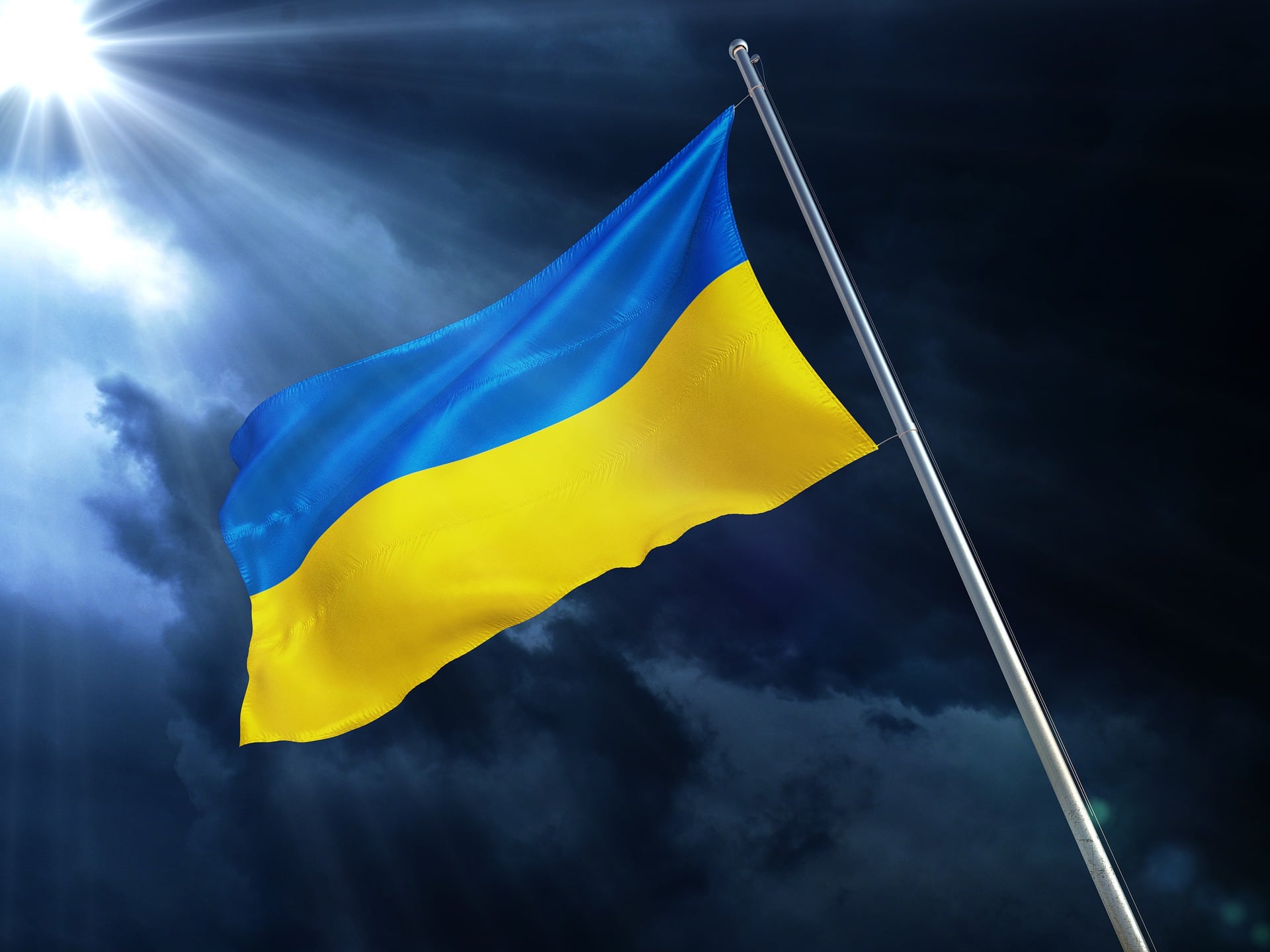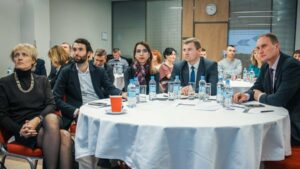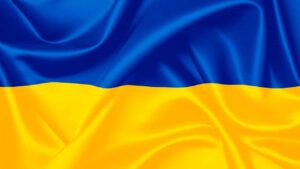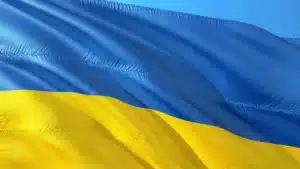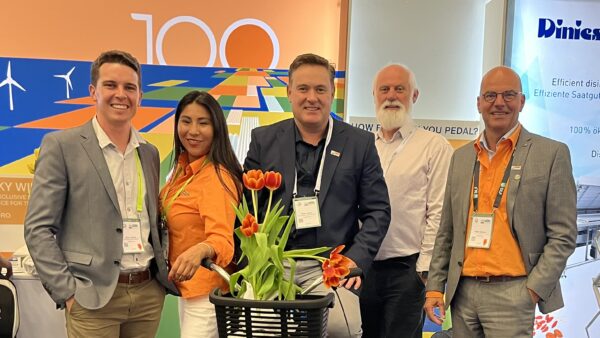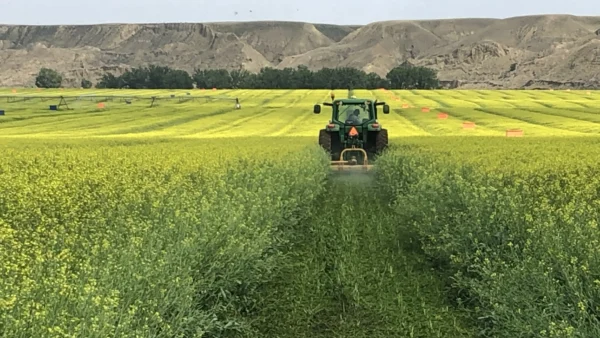Over 35 years ago, when British professor and historian Robert Conquest published his book The Harvest of Sorrow: Soviet Collectivization and the Terror-famine, he built his research on data from eyewitnesses’ interviews, some Soviet newspapers, and censuses, and concluded that the famine that happened in Ukraine, in 1932-33, was purposeful and thus constitutes genocide. This was probably one of the first public statements recognizing the Holodomor (“death caused by hunger”) as genocide of the Ukrainian nation since throughout the past decades, this topic was tabooed.
Conquest cited various Soviet sources mentioning at least 8 million, as the death toll for Ukraine and the Caucuses in those times. According to the research results of the Ptukha Institute of demography and social studies, overall, 4.5 million Ukrainians were lost due to the Holodomor of 1932-1933. Whatever the real number is, it was impressive enough for international society to pay attention to this tragedy and make a commitment to prevent this sorrow in the future.
With today’s ongoing war in the middle of Europe in the XXI century, the world might see far more widespread famine than 90 years ago. The UN estimates that the number of people marching to starvation increased from 276 million caused by the pandemic to 323 million due to the war unleashed by Russia against Ukraine. Blocked Ukraine’s food exports, mined and burnt fields, destroyed equipment and human losses and logistical issues all cause price increases for staple foods, energy sources and fertilizers. This is threatening food availability for people not only in Ukraine but in the rest of the world. At the same time, in Ukraine, people in occupied territories or deliberated after the presence of the Russian army, experience significant shortage of food, and in the first days of the war, supermarket shelves were empty even in the capital. I remember we had to buy bread from the neighbor who was braver than us and continued baking while we were hiding from the missile attacks in our homemade shelter.
Tackling global food insecurity at the global level requires urgent actions from politicians, for sure. At the same time, Ukrainian farmers pay the highest price to continue agricultural production under unprecedented risks that were not considered real before February 24, 2022. At four months into the war, the total losses in Ukrainian agriculture have reached approximately $4.3 billion, according to the recent review by the Ministry of Agrarian Policy and Food in Ukraine and the Center for Food and Land Use Research at the Kyiv School of Economics. The number can be significantly higher since, until the end of the war, it is impossible to make precise calculations.
According to the analysis, damaged fields and unharvested winter crops due to the mining and active military actions, caused 50 per cent of the stated loss. Besides soldiers, the Ukrainian farmers are definitely the other heroes of this war. Despite the danger and constant shelling, they plowed even the front-line fields, and were forced to work in body armor and helmets, under the constant missile attacks. Quite often the media reports about the destruction of farms and agriculture equipment, shot farm animals, and killed farm workers, who risked their lives to fulfill the calling to feed others. For this mission, many consciously sacrifice their safety, confirming Ukrainians’ commitment to protect their lands and work hard for the sake of the common good.
When these terrible events will end is unknown but the confidence of Ukrainians that it will end with their victory is unshakable. The world is waiting for the end of the war in Ukraine, feeling its dependence on the Ukrainian agricultural complex in particular. In contrast to the painful healing after the Second World War, already now agriculture is the focus of the governmental Ukraine Recovery Plan that considers $50 billion aimed on transformation and reconstruction of the industry. National programs include developing biofuels, increase agri machinery, construction of transshipment facilities, building of irrigation systems, promotion and development of processing of plant origin products, support of meat, dairy and fruit production, rural development, and development of reclamation systems, hybrid seed production, etc. Restoration of the processing industry is quietly promising. To drive business development, the country is committed to the anti-corruption system relaunch, harmonization of Ukrainian and the EU legislation, opening of G7 and EU markets and significant improvements and simplification of numerous processes.
Having such a clear understanding of Ukraine’s role in global agriculture, which cannot be replaced by any other country on the same scale, following the recovery plan combined with the strong support from the global leaders and the aspirations of Ukrainians to rebuild their country multiplied by unwavering faith in Ukraine’s victory, opens horizons for foreign investments in Ukraine and room for opportunity to take a seat in the country’s agriculture right now. Those who do not waste their time today, will benefit tomorrow from the competitive advantages of Ukraine’s post-war investment potential. The only aspect that investors should remember is that Ukrainian agriculture is open for those who have no compromises in the question of the value of human life. Ukrainian farmers are open to work with those international partners who made a possibly financially difficult, but morally correct and the only right decision to withdraw from the Russian market and stop being sponsors of the terrorism and genocide of the entire nation. The justification for profits by the commitment to the food security no longer works – money, taxes, coming to the aggressor country with a profit purpose, are transformed into missiles, killing civilians right now. Does anyone really want to be part of this?
The harvest of sorrow today will be crowned with success tomorrow for those who are led by the highest values and believe that light will overcome darkness.

Read More:
The War in Ukraine and the Consequences for Food Security
The Devastation of Ukraine’s Yuriev Plant Production Institute
USDA and Ukraine Join Forces to Combat Global Food Insecurity


